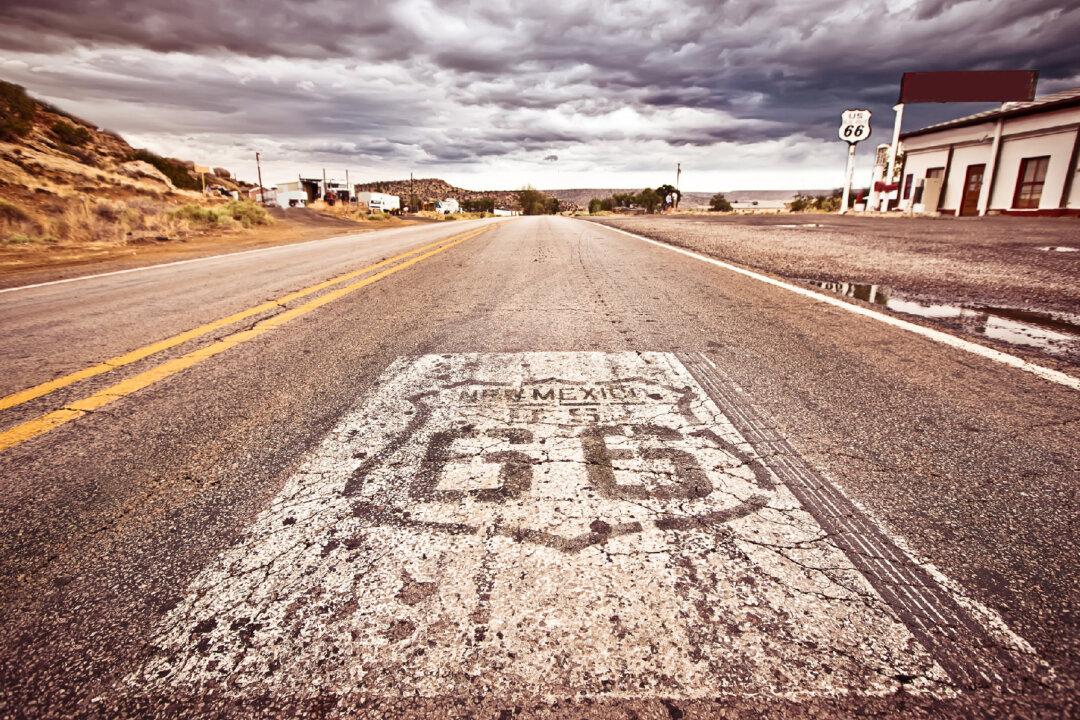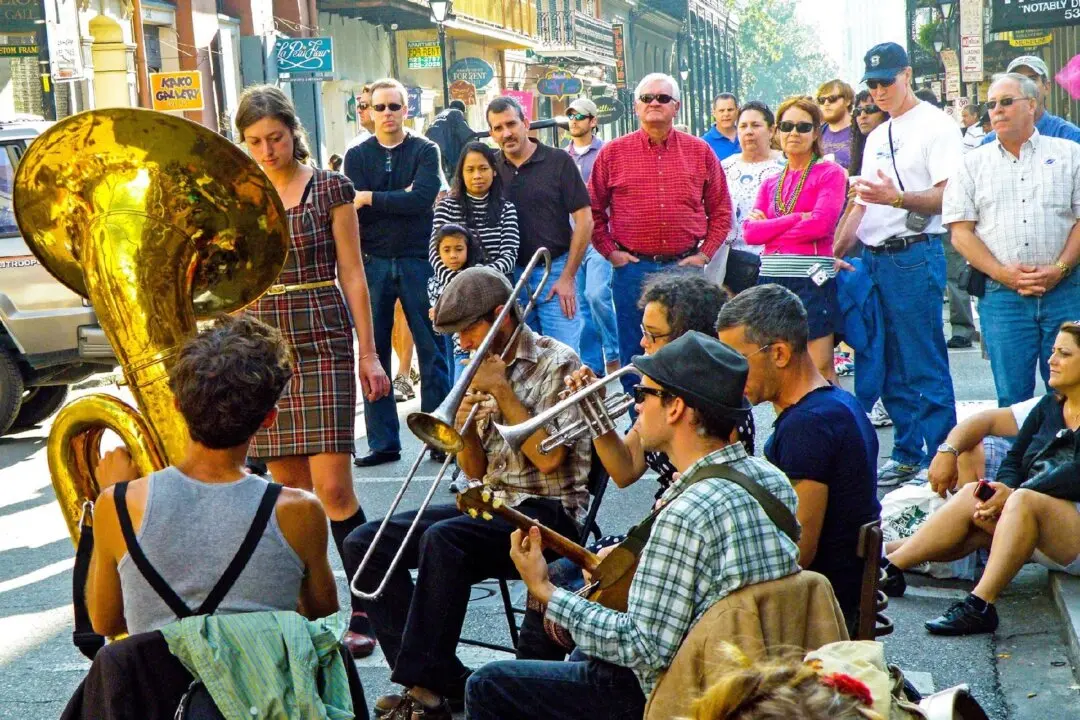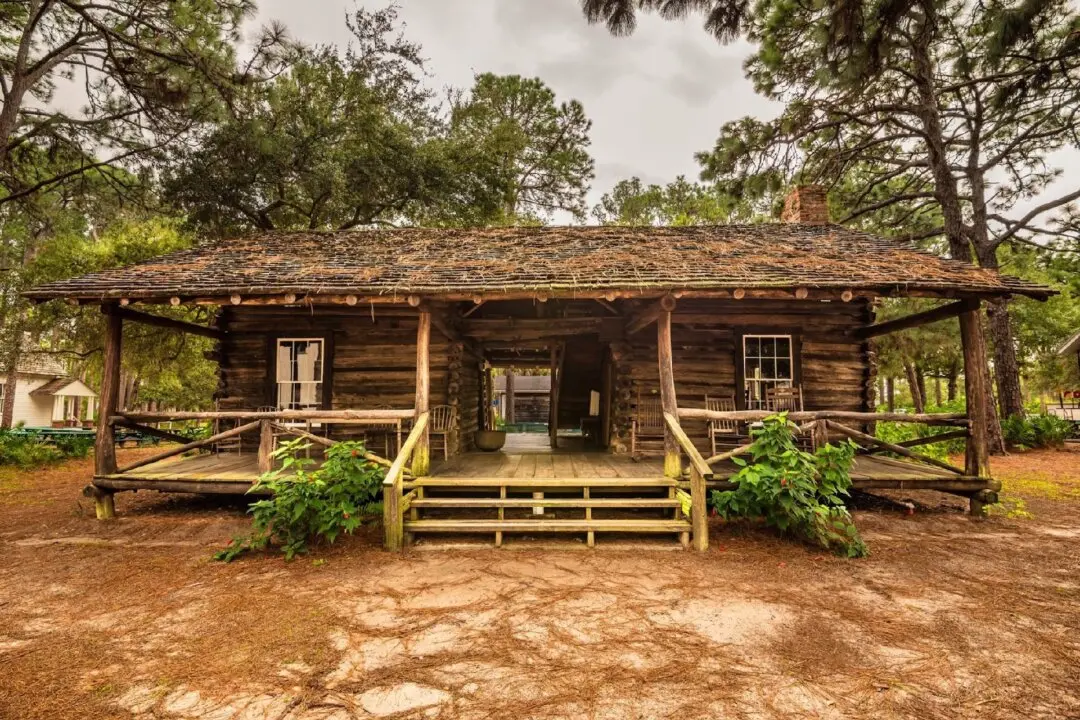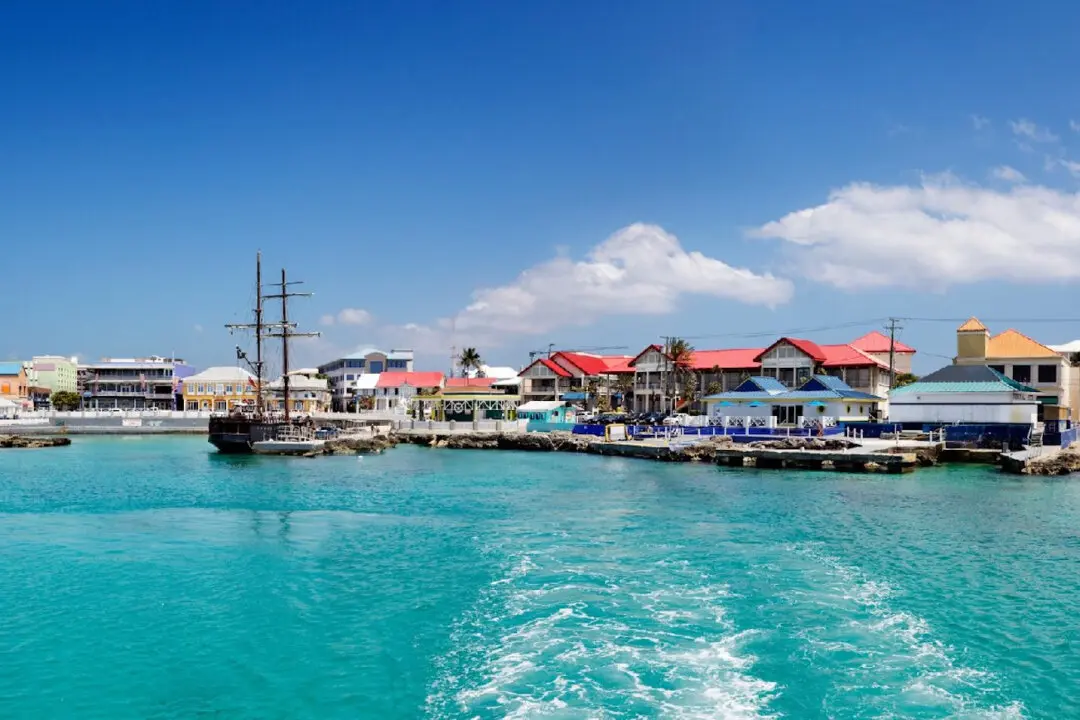Louis Kaplan is channeling his childhood. As a youngster, he collected baseball cards, which he stored in boxes and treasured as souvenirs of America’s favorite pastime. Decades later, he’s reliving that time while visiting the National Baseball Hall of Fame and Museum in Cooperstown, New York.
Opportunities to recapture memories from the past aren’t limited to baseball or New York. From Coca-Cola to cars, movies to museums, chapters of times gone by await discovery. Some may be close to where you live.





